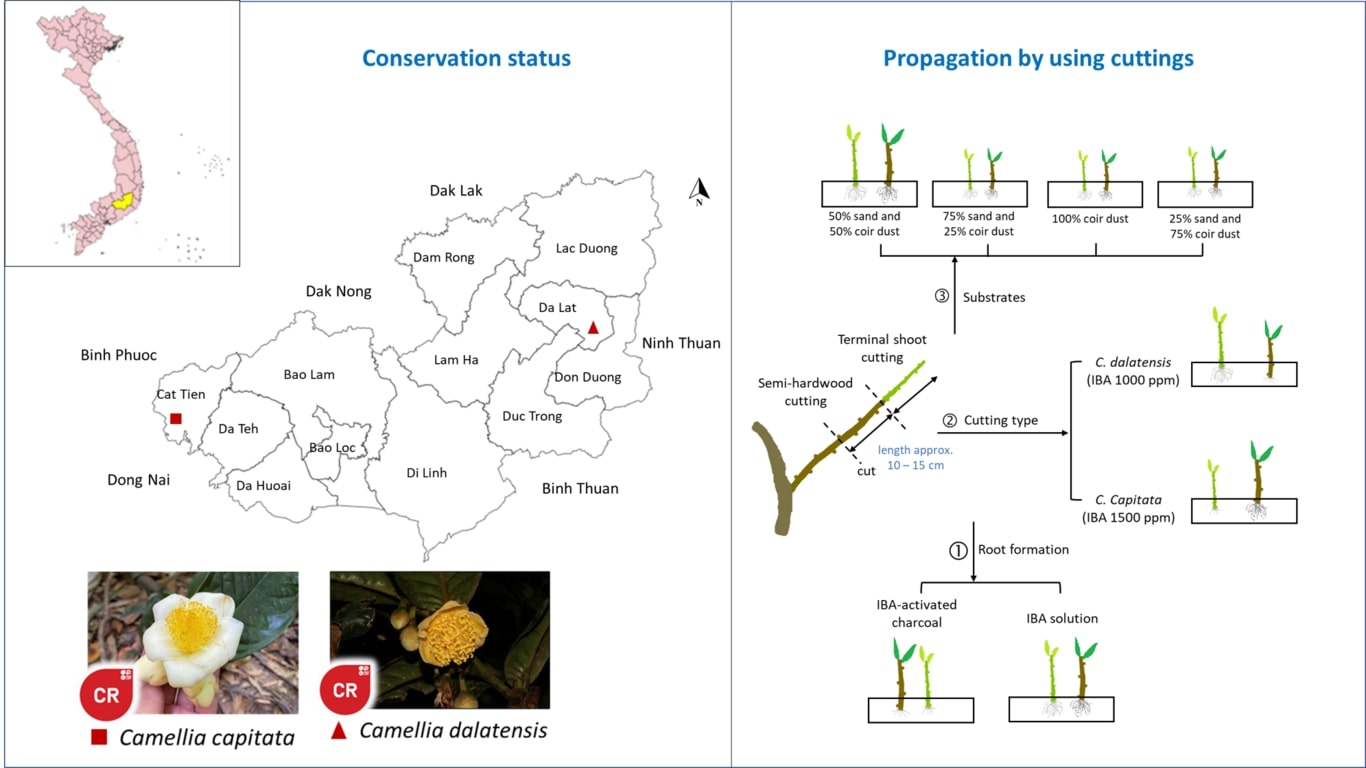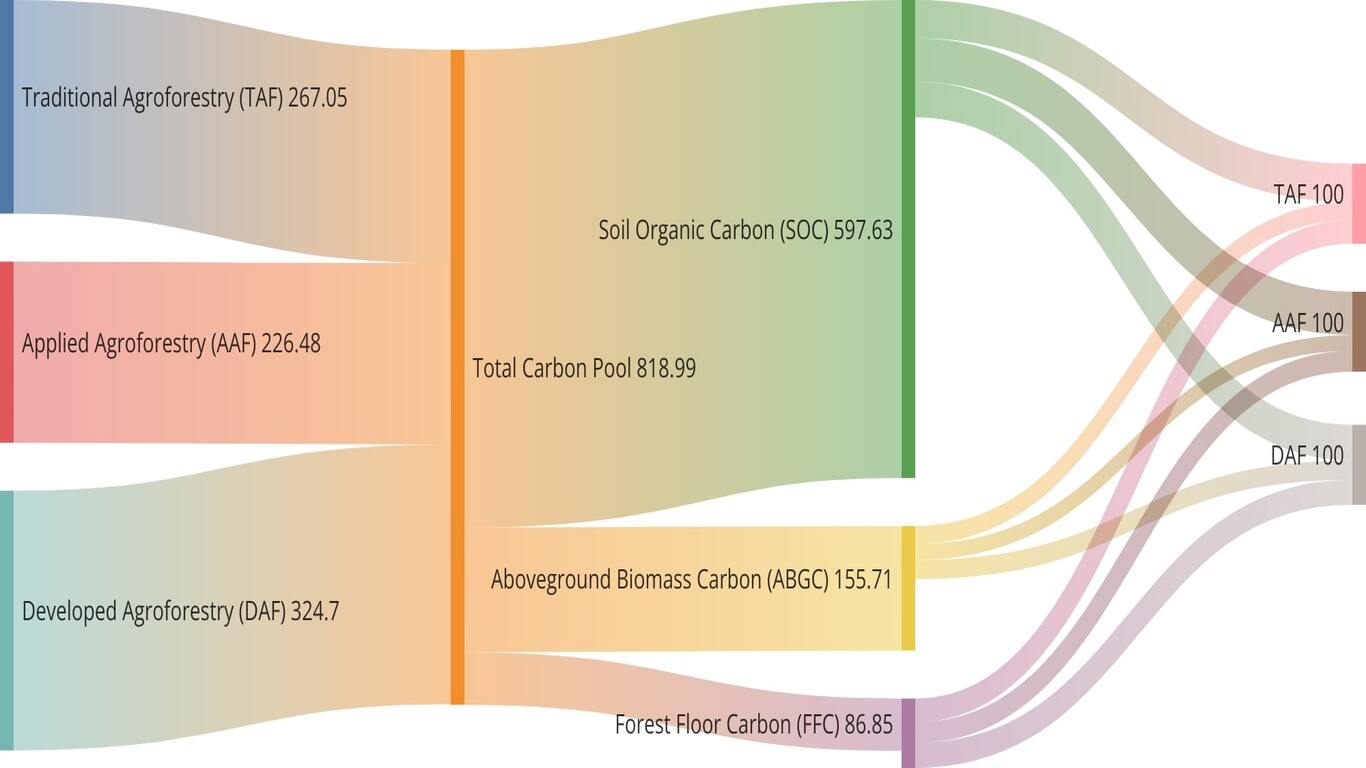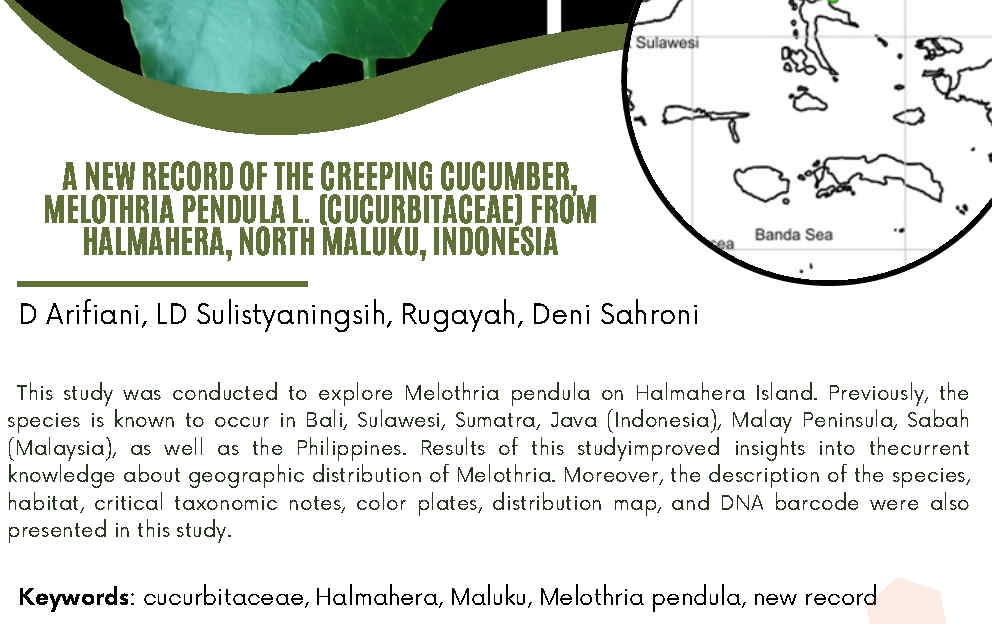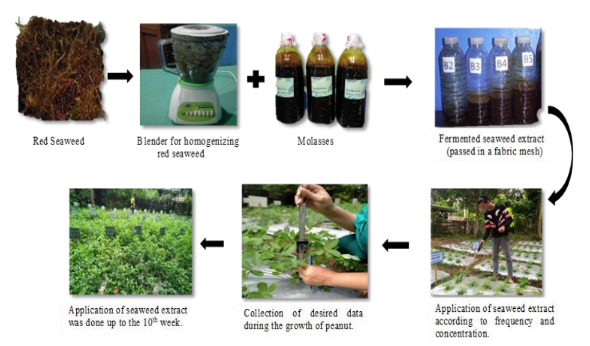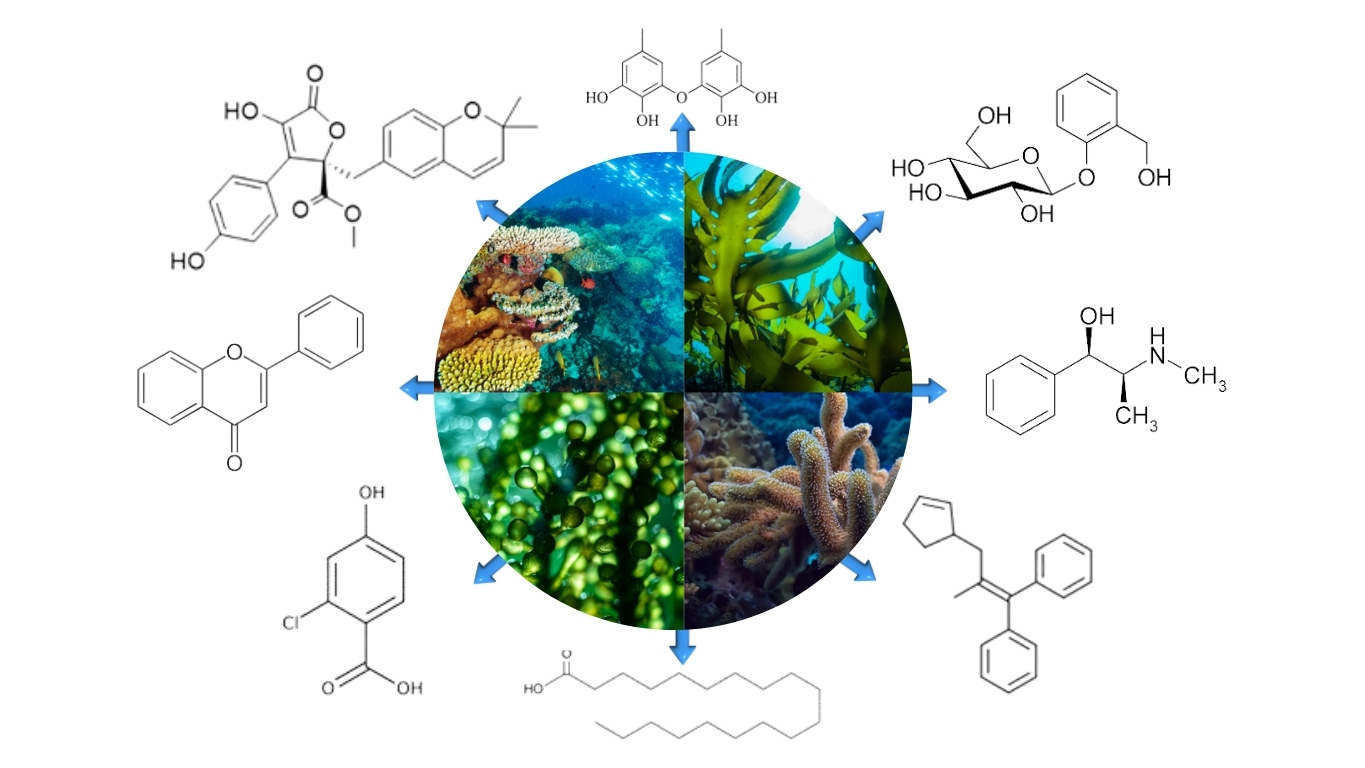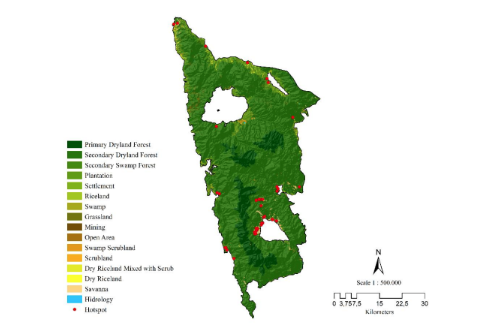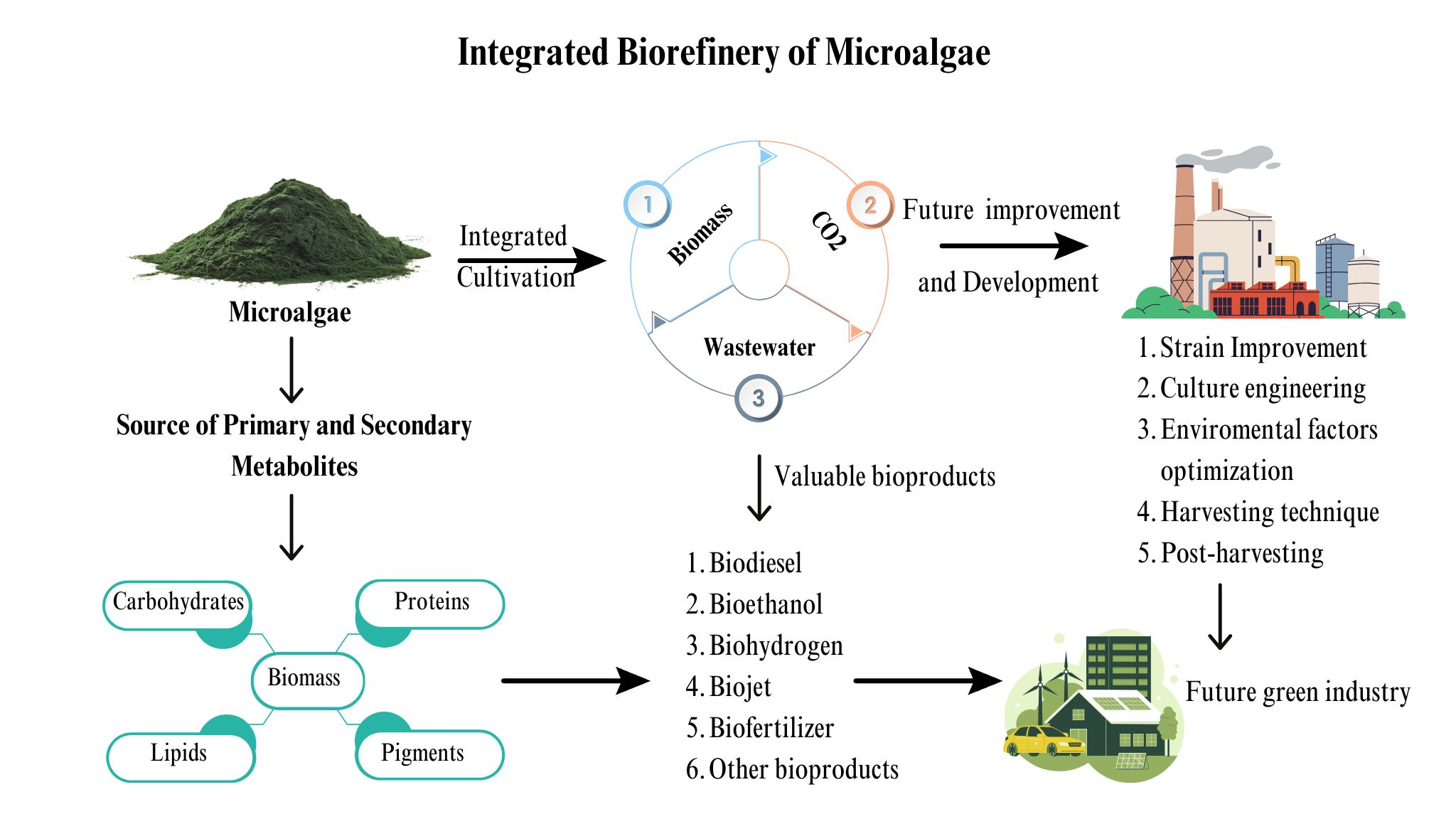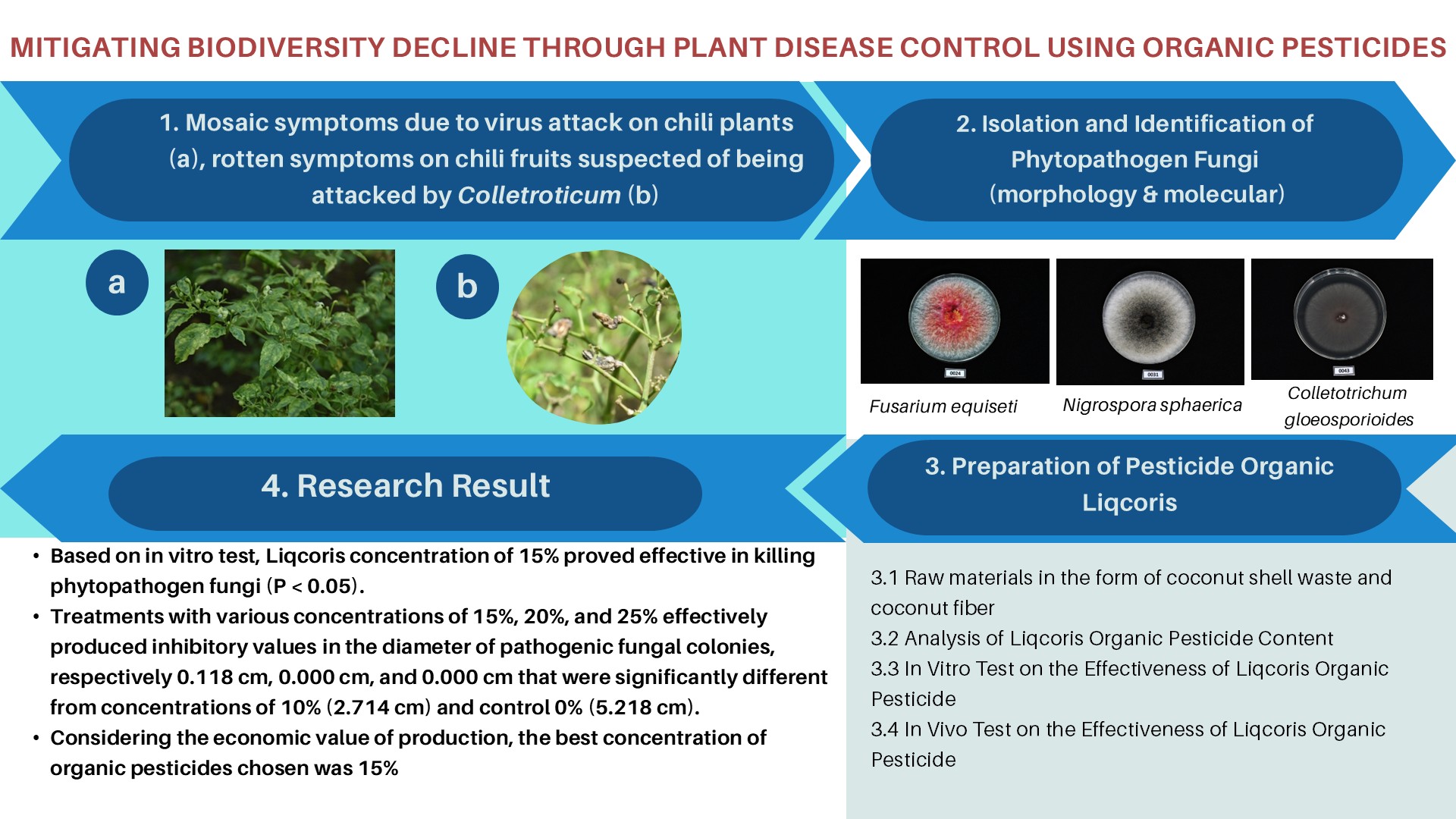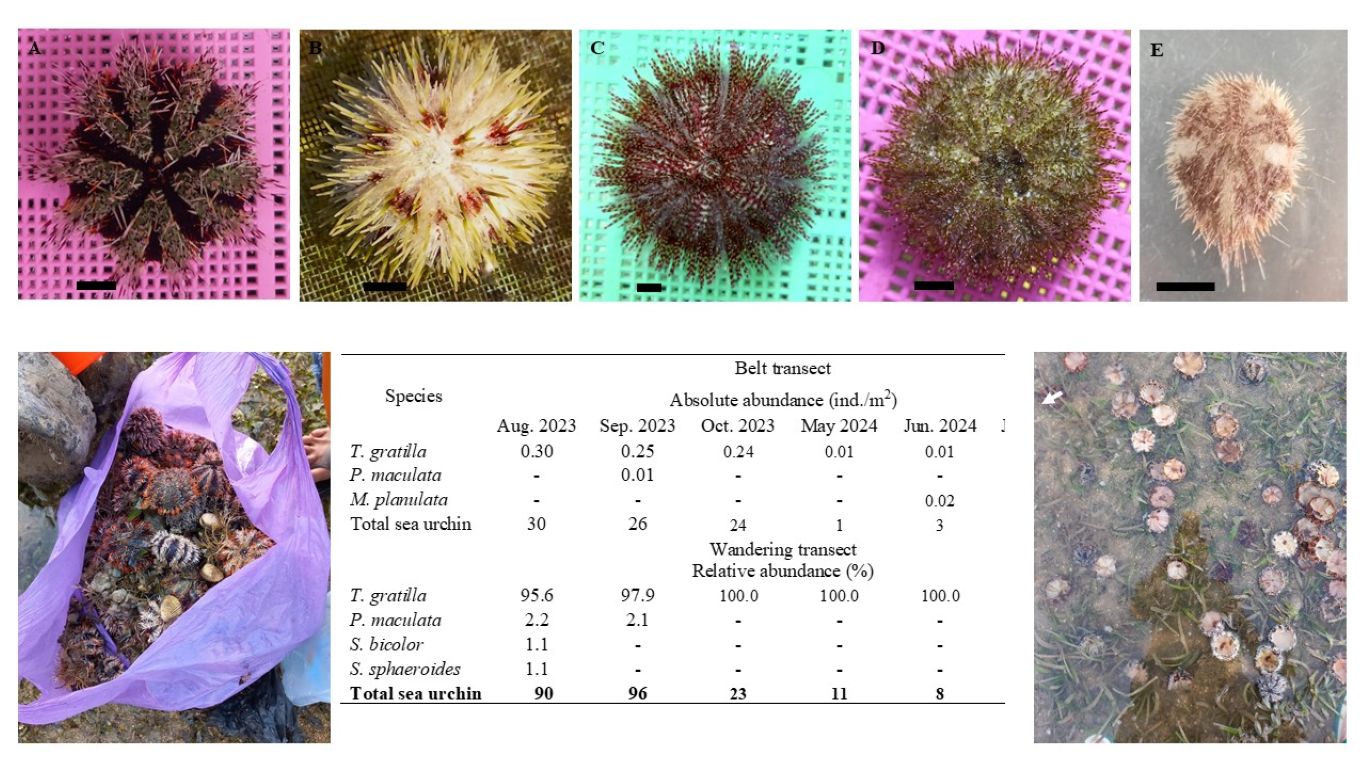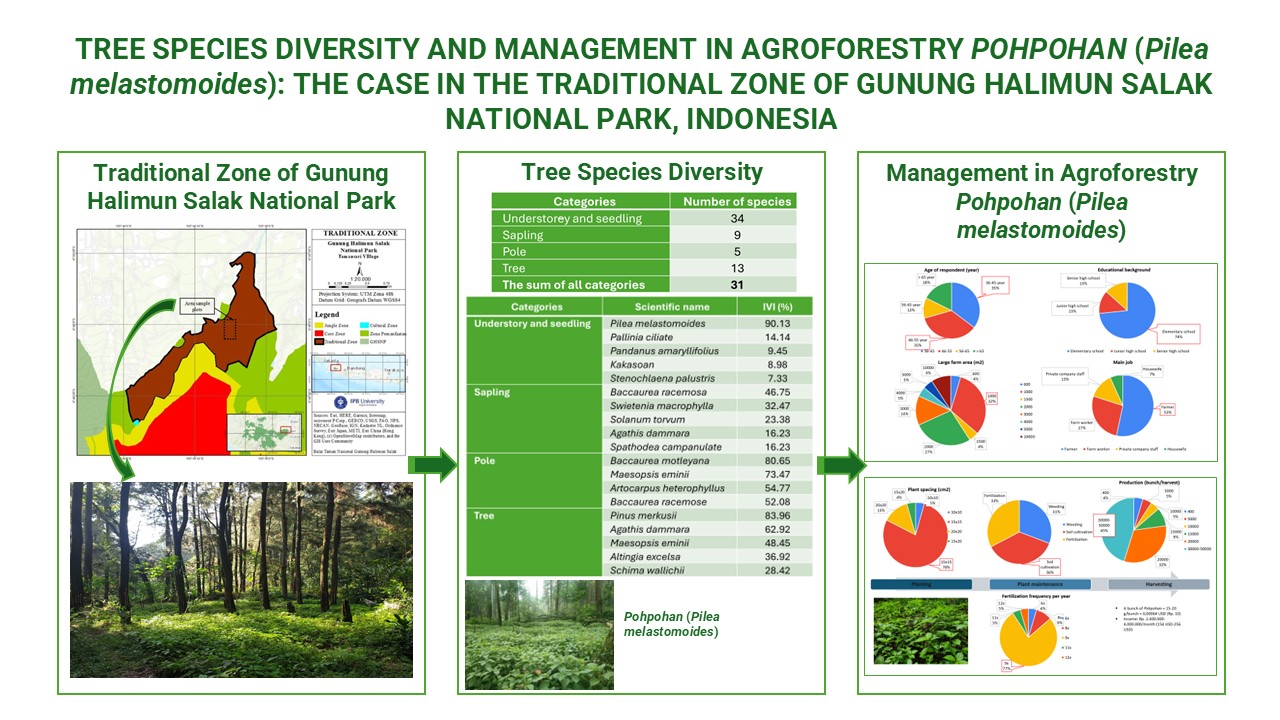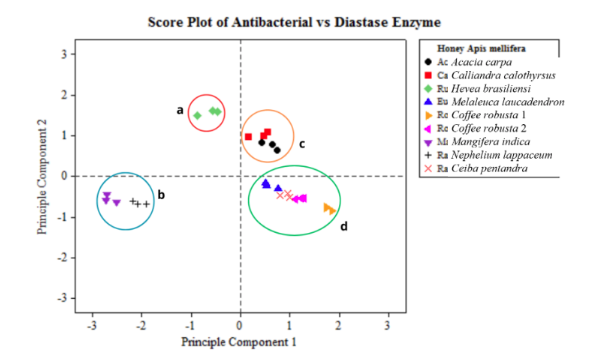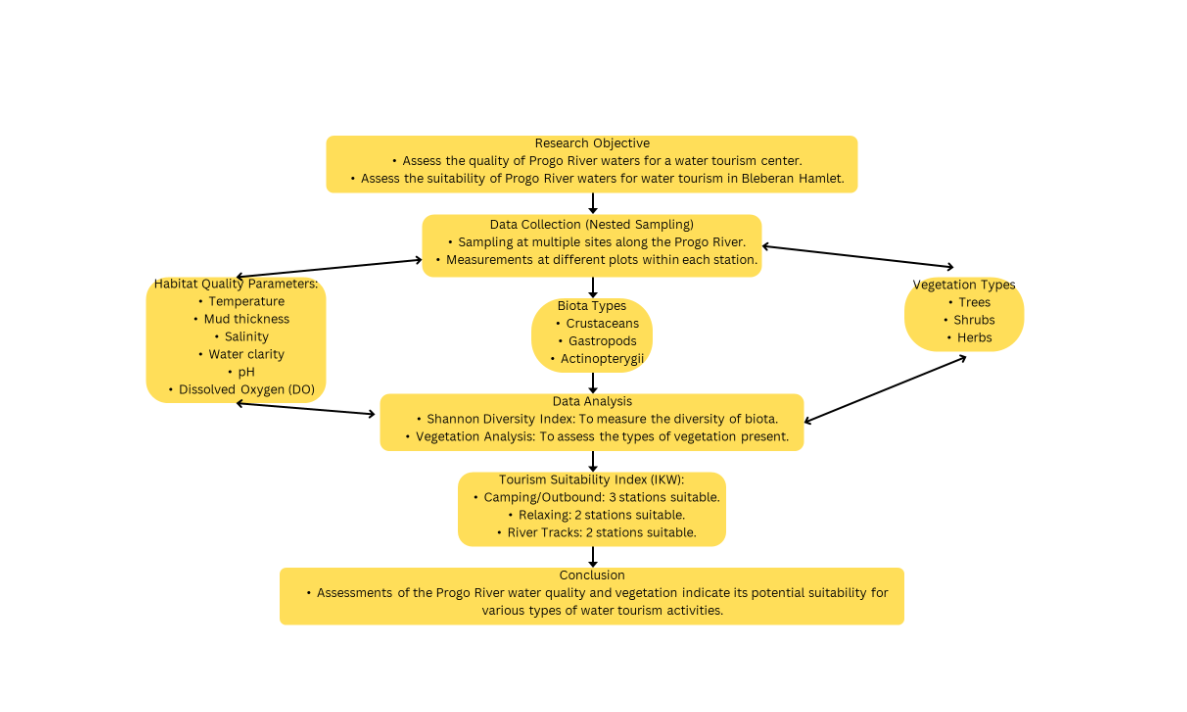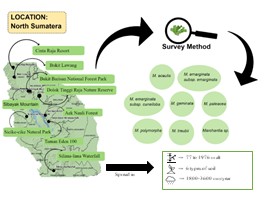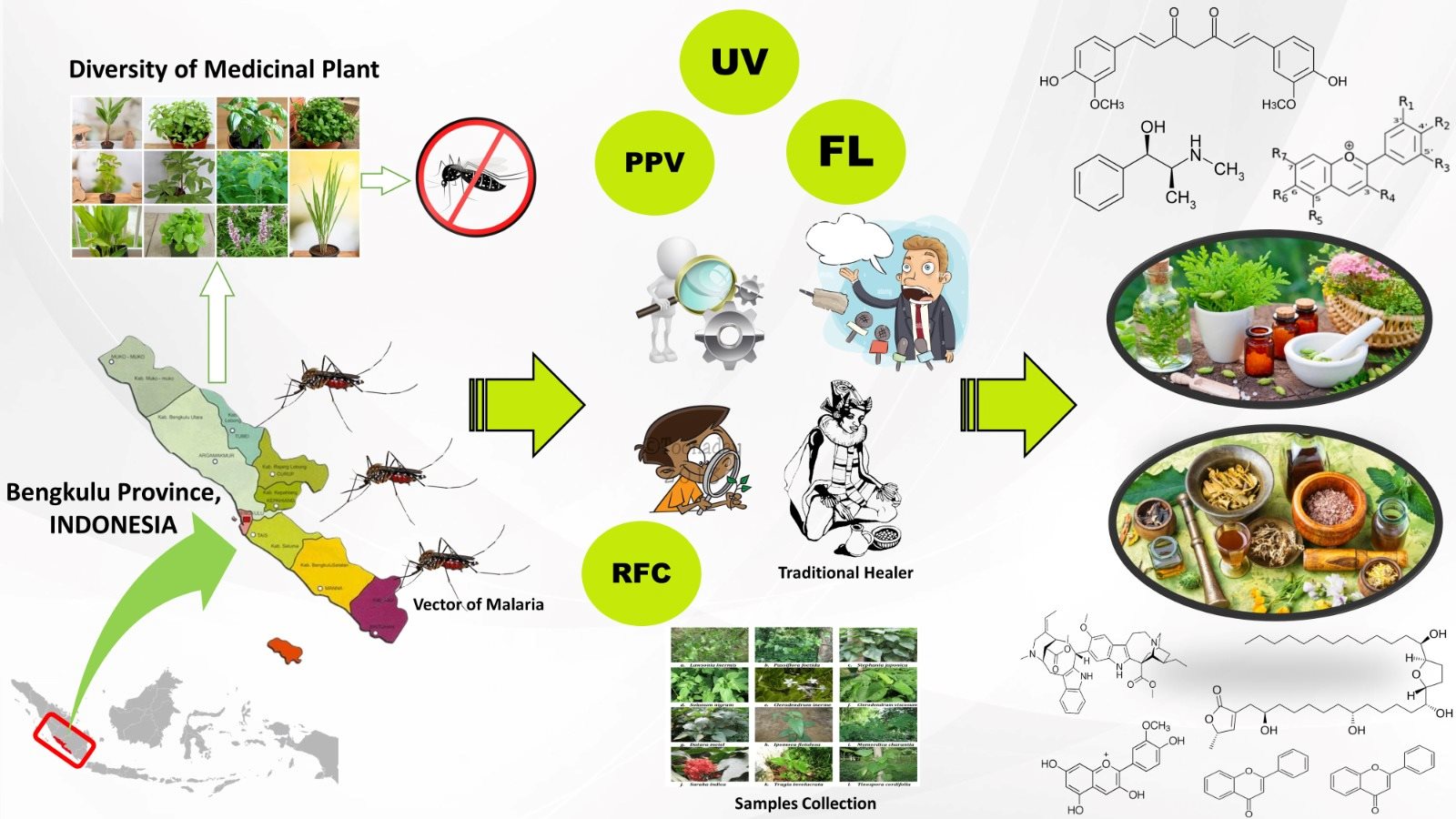INHIBITORY EFFECT OF ULIN WOOD LIQUID SMOKE AND GOGO RICE ENDOPHYTIC FUNGI AGAINST PATHOGEN Pyricularia oryzae
Downloads
Diseases in rice plants (paddy) caused by microorganisms such as Pyricularia oryzae lead to a decrease in rice production. Therefore, it is essential to find out biological agents for protecting paddy and plants in general, against plant diseases. Liquid smoke and endophytic fungi have been known as biological agents to enhance the protection of plants against disease. The purpose of this study was to determine the ability of liquid smoke, endophytic fungi and the concentrations combinations to suppress the growth of P. oryzae. The results showed that liquid smoke concentrations of 0.17% to 1.75% and endophytic fungi filtrate of 2% to 10% showed significant ability against pathogen P. oryzae. However, the combination of liquid smoke and endophytic fungi filtrate at selected concentrations (0.17% liquid smoke combined with 2% endophytic fungi filtrate and 0.34% liquid smoke combined with 2% endophytic fungi filtrate) showed no significant inhibition percentage against P. oryzae compared to control. In conclusion, this study showed that the respective applications of liquid smoke and endophytic fungi filtrate inhibit the growth of P. oryzae.
Keywords: endophytic fungi, inhibition ability, liquid smoke, P. oryzae
Downloads

This work is licensed under a Creative Commons Attribution-NonCommercial-NoDerivatives 4.0 International License.
Authors who publish with this journal agree with the following terms:
- Authors retain copyright and grant the journal right of first publication, with the work 1 year after publication simultaneously licensed under a Creative Commons attribution-noncommerical-noderivates 4.0 International License that allows others to share, copy and redistribute the work in any medium or format, but only where the use is for non-commercial purposes and an acknowledgement of the work's authorship and initial publication in this journal is mentioned.
- Authors are able to enter into separate, additional contractual arrangements for the non-exclusive distribution of the journal's published version of the work (e.g., post it to an institutional repository or publish it in a book), with an acknowledgement of its initial publication in this journal.
- Authors are permitted and encouraged to post their work online (e.g., in institutional repositories or on their website) prior to and during the submission process, as it can lead to productive exchanges, as well as earlier and greater citation of published work (See The Effect of Open Access).









